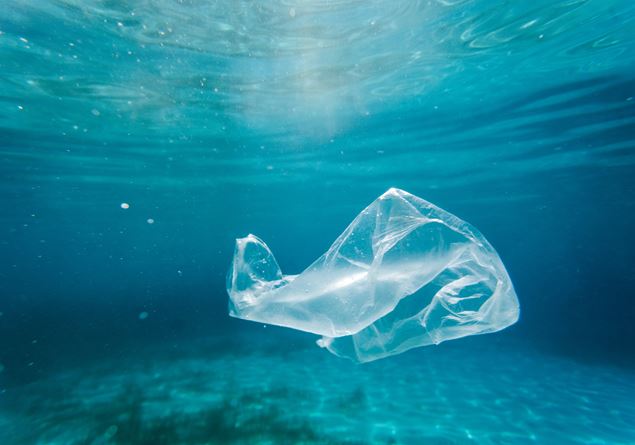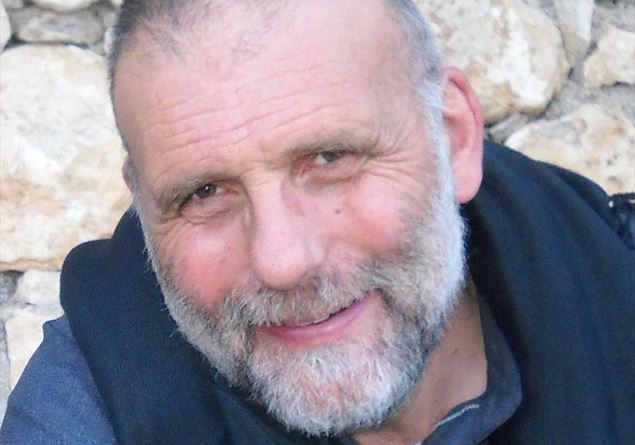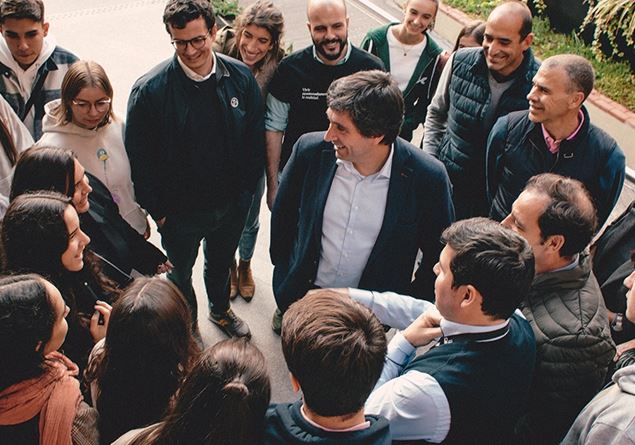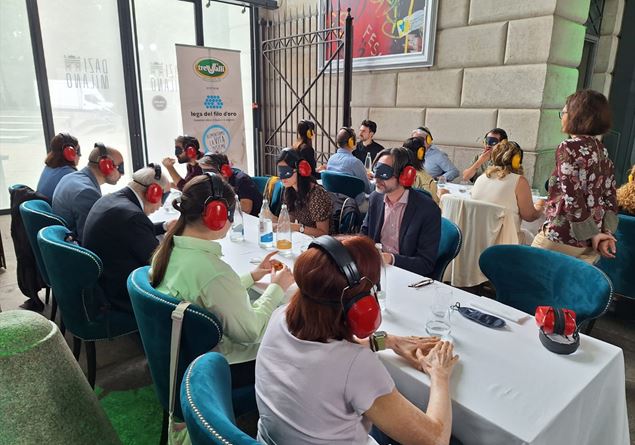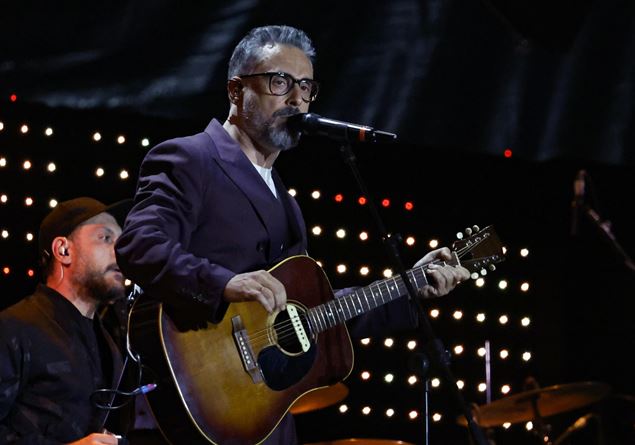«At this moment we cannot confirm the truthfulness or not of this news. I learned it last night (Monday, editor’s note) and we immediately got in touch with the Jesuits and the community of Mar Musa to have confirmations that have not arrived, at least for now. In this phase you have to have prudence and go with lead feet. Already in the past, similar news had come then denied by the DNA examination ».
This is what the Cardinal Mario ZenariApostolic nuncio in Syria, on the alleged discovery in a common pit near Raqqa of a corpse of a man with religious clothes that could be that of Father Paolo Dall’Oglio, persecuted by the Bashar al-Assad regime and then disappeared right in Raqqa in 2013. “It is a very dangerous, unstable and risky area where it is difficult to go there”, explains Zenari, ” Several research but without outcome. In all this time all the slopes have been followed, some were already false at the start, others more or less likely. If now this discovery was confirmed, we would be at the end of a long and painful journey even if we have never lost hope of finding father from the still alive ».
The news of the possible discovery was referred to the weekly Today by the Armeno-Catholic Bishop of Qamishlie, in the north of the country, Monsignor ANTRANIG AYVAZIANthat toHandle He said: “I think there is no interest in saying lies on this case: 11 years have passed and already seven years ago I had noticed and informed the apostolic nunciature who, according to my sources, father Paolo from Oglio had been killed by an Emir (a commander, editor’s note) of ISIS, a Saudi whose confession also appeared on the Guardian and in an Arab newspaper published in London, where on the front page there was this news of two lines ».
The common fossa, explain sources of the Farnesina it did not confirmed, would have been found by A group of excavators that are part of the SDFs (Syrian democratic forces). The local bishop asked for the intervention of the head of the SDF, Mazloum Abdi, for the necessary checks. The Embassy of Italy in Damascus is in contact with the Bishop and with other authorities for the appropriate updates.
Total prudence also from Father Hanna Jallouf, Apostolic Vicar for the apostolic vicariate of Aleppo: “It is an uncertain news, impossible to confirm at the moment,” he told the Sir“We have no precise information about it, neither I, nor the nuncio nor the Jesuits, order of belonging to Father Dall’Oglio. We know of a discovery of a common pit inside which bodies of people wearing religious signs would have been found. We wait to know more, to have certainties before expressing us. Investigations are underway. To guide us right now must be prayer and prudence ».
The family also intervened to comment: “In recent years there have often been fake news, this is not a real news for me,” said the sister Francesca to Rainews 24“We talk about a body with religious clothes but my brother had civil clothes”. Twelve years ago the Roman Jesuit father – it was 29 July 2013 – disappeared in the north of Syria at the time occupied by the Islamic State, where he had gone to treat the liberation of some hostages.
In 2020 the other sister of Father Paolo, Immacolata, participated in the Ayouni docufilm who tells the pain of the families of the many disappeared in Syria. “Paolo was born nine years after the end of the second world warLe – the woman said in the film – was young between the 60s and 70s, and is a son of the Vatican Council II, who believed in religious dialogue as a sharing of the depth of the experience of faith “.
What is the community of Mar Musa founded by Dall’Oglio
The community founded by Dall’Oglio is 80 kilometers from Damascus. Clinging to the rock, Mar Musa (for extensive of the Mar Musa al-Habashi, literally the monastery of San Moses the Ethiopian) is bridge between the West and the East.
“The matter began in August 1982,” he remembered in a letter from Beirut, from 1985, the protagonist, Father Paolo, “to do my spiritual exercises I chose to go to the diroccato monastery of Mar Musa, kilometers to be partially walked, east of the town of Nebekin a cliff and deserted area of central Syria … If a church of stones is not the expression of a living community, it will certainly be in ruins; Our ruined monastery calls us to reconstruct a living church ». That place and the spirituality that emanates became the mission of the young Jesuit.
Over the years the theological and spiritual vision of Father Paolo has involved a large number of people, has affected them, changing the course of their existences.
Since 1982 the monastery of Mar Musa al-Habashi has become a firm point of reference for the Islam-Christian dialogue and has passed through numerous transformations, surviving the war, the threat of ISIS and the kidnapping of its founder in Raqqa on 29 July 2013 and also to the recent conquest of power by the power by Hayat Tahrir Al-Sham (HTM), a jihadist group of al-nusra heir, After the fall of Bashar al Assad’s ultra -nelly regime.
The community of Mar Musa today consists of six monks – four men and two women – and is led by the prior, Jihad Youssef. To these are added the lay people who in various capacities work and collaborate with the community. In a recent interview ad Take place The prior said referring to Assad’s fall: “I am not surprised to see Paolo’s photos during the celebrations for the end of the regime. It is one of the icons of Libera Syria. His image is not only in the squares but in the hearts of many people of every faith and orientation. I continuously meet someone who talks to me about him ».

